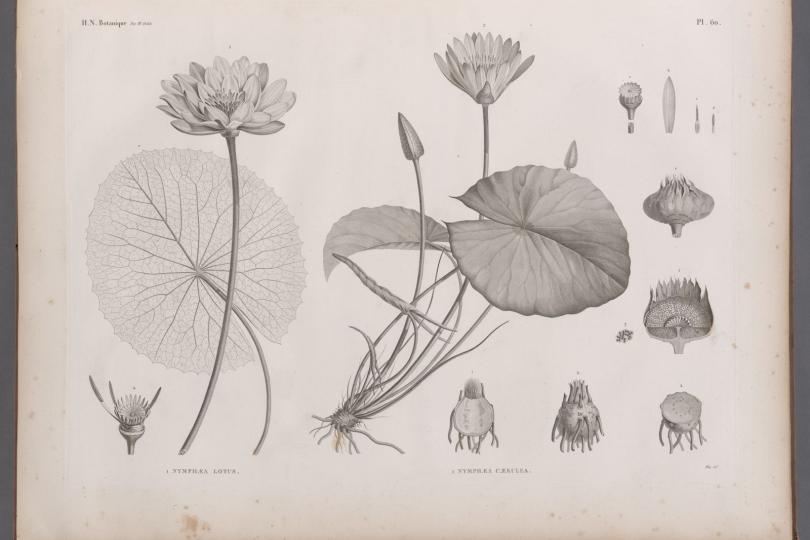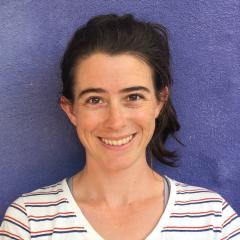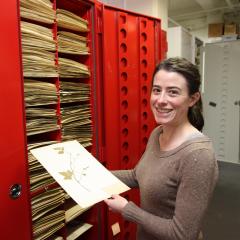Digitizing natural history collections to support global biodiversity science
Museum research collections are critical for documenting historical and present-day patterns of biological and cultural diversity. Many institutions are digitizing their collections to allow for online access to their specimens, however this process is complex and records often remain difficult to search, access and use for many stakeholders.
The Arctos Consortium (Arctos) is a group of institutions and field stations with the shared mission to connect natural and cultural history collections within a digital ecosystem that empowers research, education, and conservation with high quality data.
A Switzer Leadership Grant allowed Arctos to contract Erica Krimmel (2013 Switzer Fellow) to strategically review, analyze and provide recommendations on how Arctos can mobilize high-quality biodiversity data supported by a sustainable, human-centered system.
Data in Arctos are primarily connected to objects curated by museum research collections, which document historical and present-day patterns of biological and cultural diversity. As a biodiversity information scientist, Krimmel’s expertise lies in designing and implementing systems to increase the digital availability of such high quality, accurate, and verifiable biodiversity data.
Over the duration of the grant-funded project, Krimmel conducted technical reviews of the Arctos product and user research in the Arctos community, which is large and diverse: hundreds of people managing 300+ collections at over 60 institutions located in 7 countries. The scale of the community is both a challenge and strength for the Arctos Consortium. Krimmel was able to synthesize perspectives from across the spectrum of community members using multimodal user research methods, including interviews, surveys, workshops, and listening sessions. Technical reviews provided the conceptual framework on which to layer results from this user research.
Krimmel’s previously established working relationship with Arctos, including individual members of the Arctos staff and leadership, was invaluable. Without that, a year of part-time work would not have been adequate time to build the relationships required to have open, productive conversations, which were essential to inform the report.
Krimmel presented her work with Arctos at the joint annual meeting of the Society for the Preservation of Natural History Collections (SPNHC) and Biodiversity Information Standards (TDWG) in Okinawa, Japan. Her final report to the Arctos Consortium highlights recommendations for how Arctos might modernize its data mobilization processes, strategize for future product development, manage its invaluable community of users, and work towards long-term financial sustainability. These recommendations are timely for the Arctos Consortium as it transitions from a grassroots collaboration to a unified non-profit organization with a vision of natural and cultural history collections as a foundation for science-based decision making to address pressing global challenges.
Work funded by this Leadership Grant was intentionally discrete and wrapped up in 2024, but Krimmel will continue providing contract expertise for the Consortium as needed.


